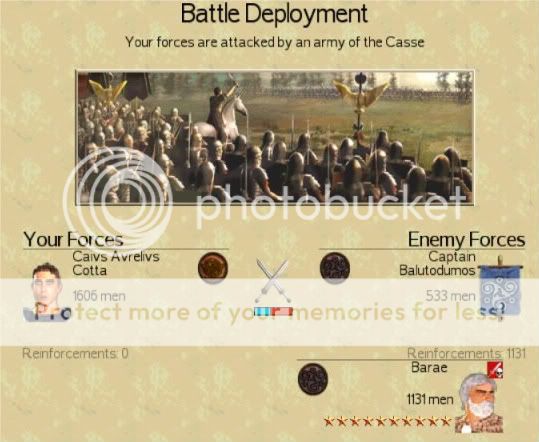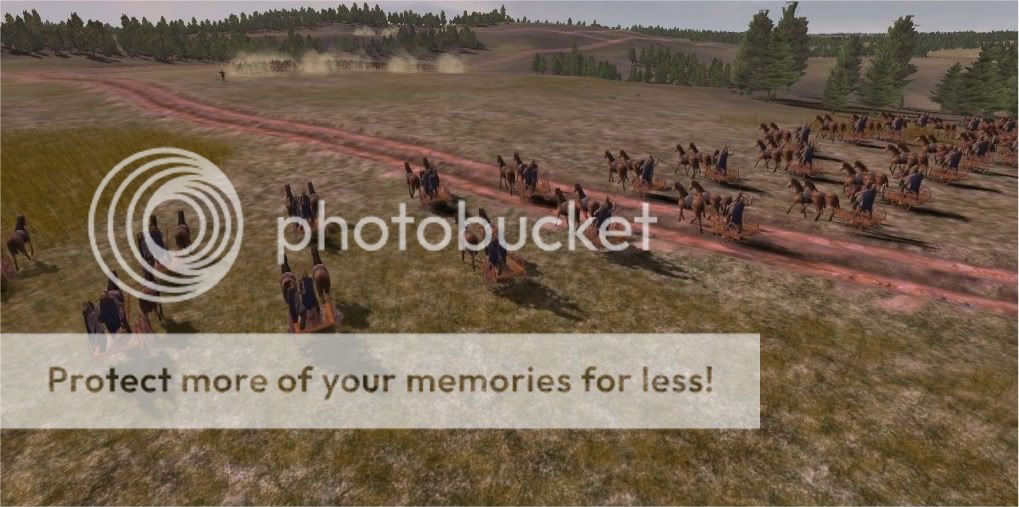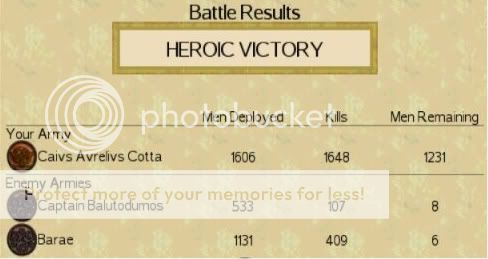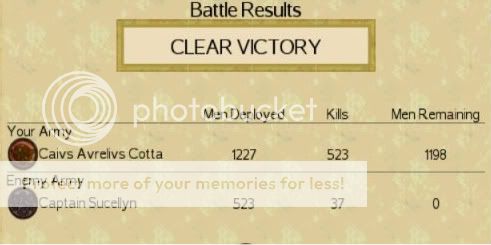Rome 272 BC.
The storms had lasted for three weeks with no let up in ferocity before the decision was taken to consult the Sibylline Books. Surely the Gods were angry, there was no other sensible reason for such violent weather lasting for such a long time. The ten men who were to decipher the cryptic messages of the Cumaean Sibyl gathered together, to discover how they could help Rome through this period of supernatural disturbance...
Agrippa Furius Fusus looked coldly at his colleagues, they were supposedly his equals. All former Consuls like him, most were also former Censors, again like him. He knew they all feared him though. His was a reputation for brutality, for getting his will done whatever the consequences. Not a vocal man, no that attracted attention, his methods were quiet. The tales of his deeds were only ever whispered, never spoken aloud, even to a close friend. He took every opportunity to appear gregarious, even generous in public, to the general populace he was a wise and loyal man. To his fellow Senators however, he was a dangerous shadow, his deeds never showy or obvious. He would not have a rival publicly murdered, somehow his enemies met "natural" ends. When in office he gave those who had opposed him seemingly generous positions, yet problems always appeared in just those positions, bribery, corruption, scandal uncovered by Fusus. And punished by Fusus. With the support of the people, and usually the Senate had to go along so as not to appear jealous. Or attract his enmity.
When a position arose on the decemviri sacris faciundis, the Senate thought they had found the perfect place for him. A "reward" for all his loyal service, despite him not even being fifty and apparently having plenty left to offer. The decemviri sacris faciundis consulted the Sibylline Books in time of great crisis and used her knowledge to decide how to avert said crisis. He would be one of ten on the Council, ten of the most respected men in Rome. The best thing was, men who were part of the group were expected to take no other public office and it was a position for life. To turn the role down would be to insult Rome itself. To the public Fusus was a religious man, always seen at prayer in the cities temples, the Senate knew him to be totally godless. Indeed on more than one occasion he had been heard to challenge Jupiter to strike him where he stood if he was indeed "the best and greatest". His new position would require him to become a priest of Apollo and many Senators found that highly amusing.
The books were very rarely consulted, Rome had not often been in trouble grave enough to consider it necessary. Even the invasion of Pyrrhos had not been seen as an event to warrant consultation. Now the Greek was gone, Rome was secure. Surely there would be no need to consult the books, even if there was there were nine others who had been in the position longer. No, he had been neutered. Rome was safe from the tyranny of Agrippa Furius Fusus.
The temple of Jupiter, The Capitoline Hill. Rome.
Fusus looked at the old man, his gaze level and cold.
"The book is old, it should be handled with care. Only one of us need read it."
"But we are all entrusted with it's care, we should..."
"Indeed," Fusus interrupted. "We are entrusted with it's care, how old is it? Hmmm? Nearly as old as you Pansa. And you want us all to handle it, all these liverspotted hands pawing over it? NO! This is too important. One of use will read the oracle's words." He smiled at this point. "Of course we will all share our thoughts on how it should be interpreted. Believe me, I have no wish to dictate how we interpret her words, you are all older and wiser than I."
The other men looked at each other, all were much older than Fusus. All had served Rome in their youth and simply wanted to get as many more years of life as they could. Making an enemy of Fusus was not a good way to go about that. They all nodded, and Fusus knew he had won.
"Good, I will go now to read the oracle's writings."
Later that day.
"The message is clear, we have angered the Gods through our weakness. The cities of southern Italy need to be under Roman control before this year ends if we are to appease the pitiless masters of our destiny. We will go now to make the announcement."
He stood in place a moment, waiting for a challenge from the nine men sat before him. They looked at one another, knowing that silence would give Fusus total control of the message of the Sibyl, yet none had the courage to speak out.
Fusus shook his head at their cowardice and left the temple with a smile, followed by the others. They would make the declaration to the Senate first. And he would relish the moment.





 Reply With Quote
Reply With Quote






























 ... I wonder how you plan to hold any possible gains in Britannia
... I wonder how you plan to hold any possible gains in Britannia























Bookmarks